Elizabeth Warren on Donald Trump's convention speech: 'He sounded like some two-bit dictator'
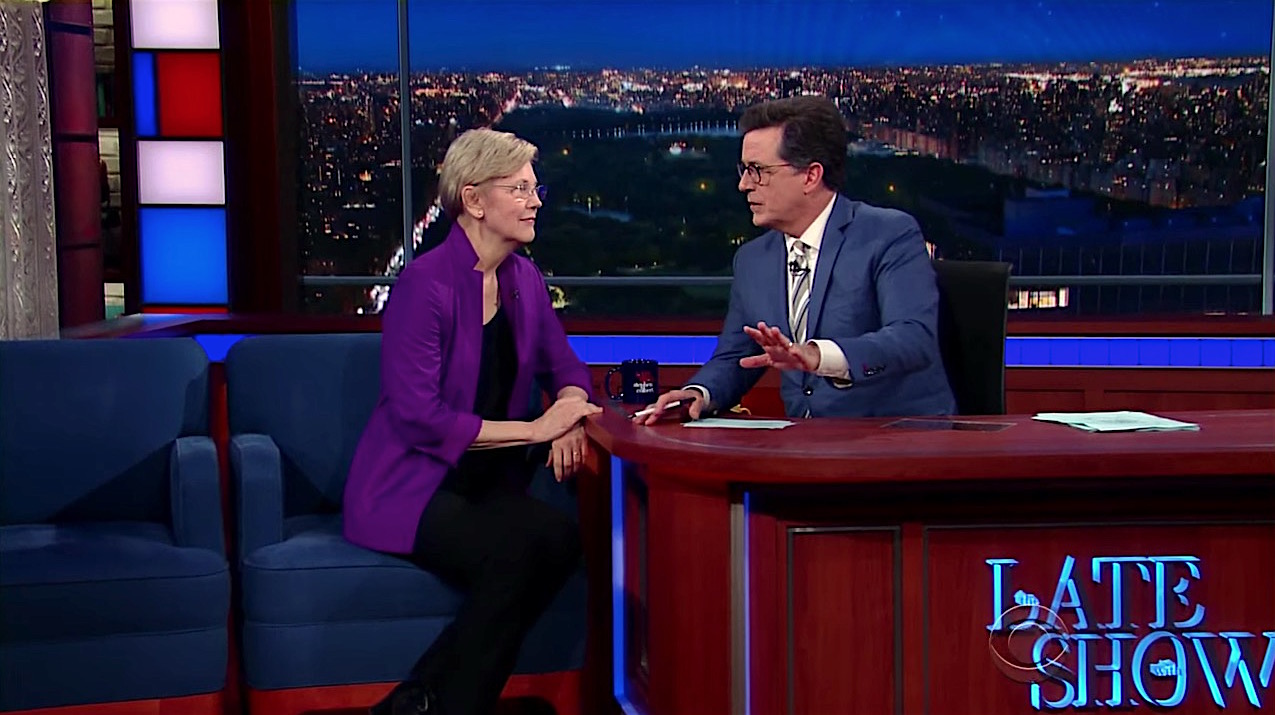

Stephen Colbert introduced Elizabeth Warren on Thursday's live, post–Republican National Convention Late Show as the "United States senator who has been dogging Donald Trump for months now on Twitter," and after Warren entered (to Europe's "The Final Countdown," for some reason), he immediately asked her about the GOP convention. She had some opinions. "I think it was the nastiest, most divisive convention that we've seen in half a century," she said.
Colbert asked if anger wasn't appropriate, and Warren conceded that "people are angry, and people have good reason to be angry.... But let's be really, really clear: Donald Trump does not have the answers." Colbert prodded her to see why Bernie Sanders supporters shouldn't "go over to Donald Trump," and Warren said that if you "scratch the surface a little bit and see what Donald Trump's really talking about, what he's really talking about is what he's talked about all his life, and that's how to improve the world for Donald Trump." The system is rigged, she said, but "that speech tonight? He sounded like some two-bit dictator of some country you couldn't find on a map."
In the second half of the interview, Colbert asked if the Democrats are underestimating Trump, and Warren said yes: "I think everyone is underestimating Donald Trump. He is one dangerous man, and we need to take him really seriously, take him out now." Colbert chided her over her mean tweets, asking: "Are you bullying him? Aren't you stooping to his level?" Warren laughed. "Oh, boo hoo — are you kidding?" She said that Trump's speech was based on drumming up fear, but "you listen to a speech like that, and I don't know how there's anybody left in America who isn't afraid of Donald Trump."
The Week
Escape your echo chamber. Get the facts behind the news, plus analysis from multiple perspectives.

Sign up for The Week's Free Newsletters
From our morning news briefing to a weekly Good News Newsletter, get the best of The Week delivered directly to your inbox.
From our morning news briefing to a weekly Good News Newsletter, get the best of The Week delivered directly to your inbox.
Warren said that the Democrats' message next week will be that "we're stronger together," and then Colbert asked about Hillary Clinton: "Why do you think she cannot gain the trust of people the way, say, a male candidate can? That's called leading the witness." She didn't bite. Clinton "has been under attack for 25 years," Warren said, "and she just keeps getting up and fighting for it again, and I just gotta say, I like women who fight back." Watch below. Peter Weber
A free daily email with the biggest news stories of the day – and the best features from TheWeek.com
Peter has worked as a news and culture writer and editor at The Week since the site's launch in 2008. He covers politics, world affairs, religion and cultural currents. His journalism career began as a copy editor at a financial newswire and has included editorial positions at The New York Times Magazine, Facts on File, and Oregon State University.
-
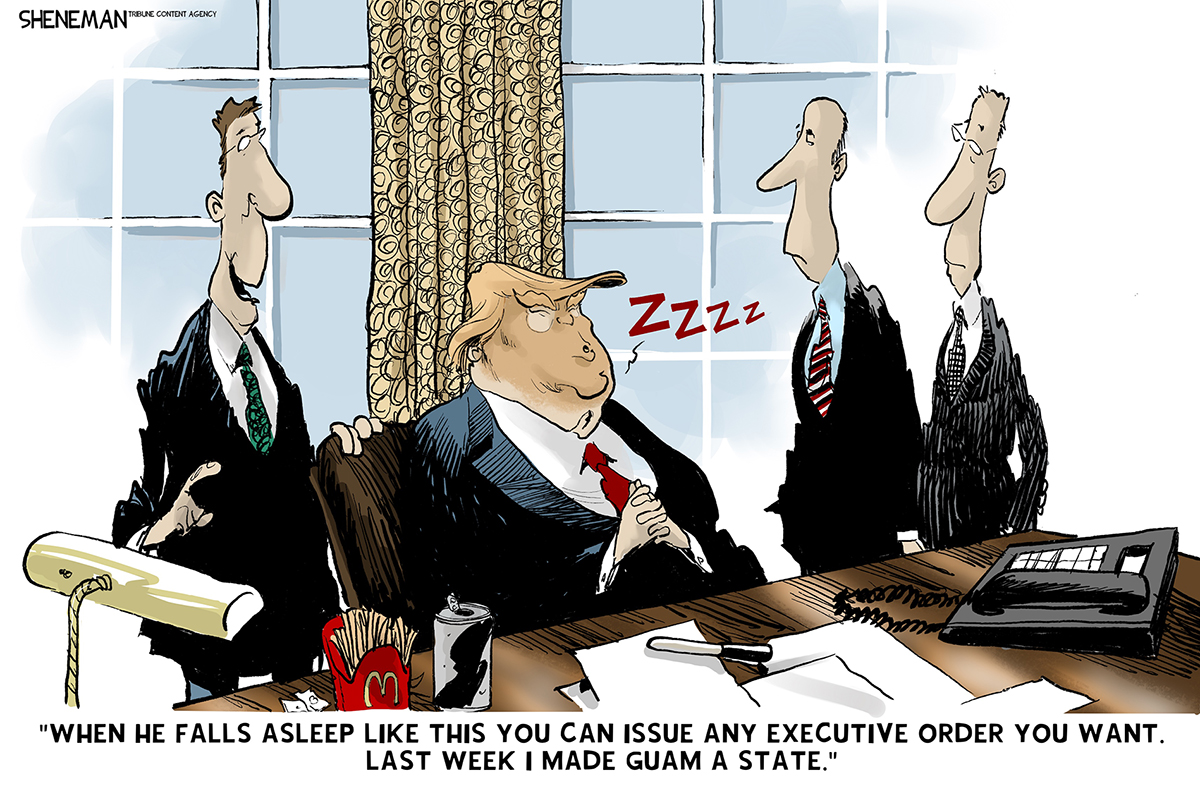 Political cartoons for December 4
Political cartoons for December 4Cartoons Thursday’s political cartoons include a nap for Donald Trump, rage bait of the year, artificial intelligence turning on its master and more
-
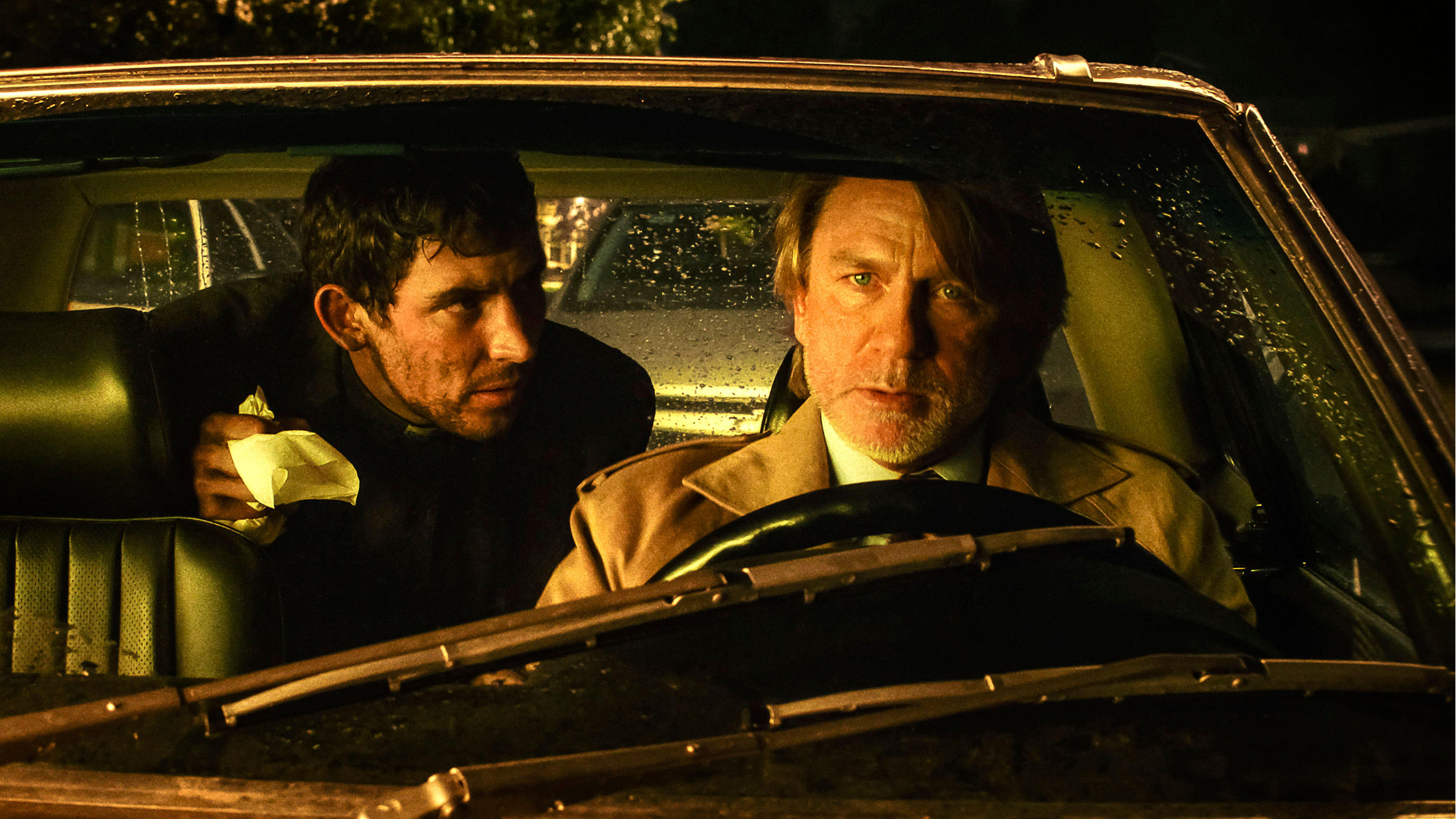 Wake Up Dead Man: ‘arch and witty’ Knives Out sequel
Wake Up Dead Man: ‘arch and witty’ Knives Out sequelThe Week Recommends Daniel Craig returns for the ‘excellent’ third instalment of the murder mystery film series
-
 Zootropolis 2: a ‘perky and amusing’ movie
Zootropolis 2: a ‘perky and amusing’ movieThe Week Recommends The talking animals return in a family-friendly sequel
-
 Hungary’s Krasznahorkai wins Nobel for literature
Hungary’s Krasznahorkai wins Nobel for literatureSpeed Read László Krasznahorkai is the author of acclaimed novels like ‘The Melancholy of Resistance’ and ‘Satantango’
-
 Primatologist Jane Goodall dies at 91
Primatologist Jane Goodall dies at 91Speed Read She rose to fame following her groundbreaking field research with chimpanzees
-
 Florida erases rainbow crosswalk at Pulse nightclub
Florida erases rainbow crosswalk at Pulse nightclubSpeed Read The colorful crosswalk was outside the former LGBTQ nightclub where 49 people were killed in a 2016 shooting
-
 Trump says Smithsonian too focused on slavery's ills
Trump says Smithsonian too focused on slavery's illsSpeed Read The president would prefer the museum to highlight 'success,' 'brightness' and 'the future'
-
 Trump to host Kennedy Honors for Kiss, Stallone
Trump to host Kennedy Honors for Kiss, StalloneSpeed Read Actor Sylvester Stallone and the glam-rock band Kiss were among those named as this year's inductees
-
 White House seeks to bend Smithsonian to Trump's view
White House seeks to bend Smithsonian to Trump's viewSpeed Read The Smithsonian Institution's 21 museums are under review to ensure their content aligns with the president's interpretation of American history
-
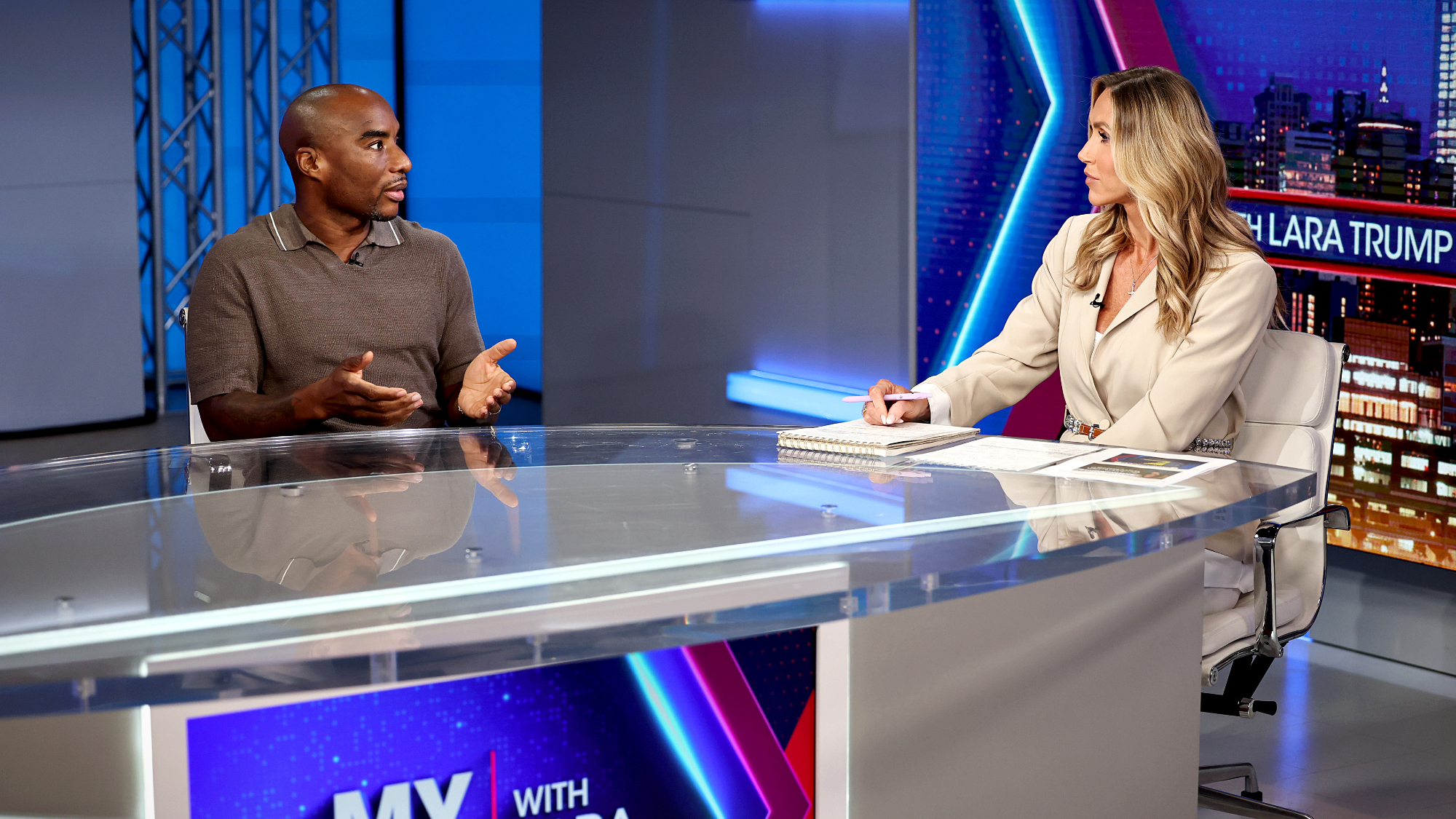 Charlamagne Tha God irks Trump with Epstein talk
Charlamagne Tha God irks Trump with Epstein talkSpeed Read The radio host said the Jeffrey Epstein scandal could help 'traditional conservatives' take back the Republican Party
-
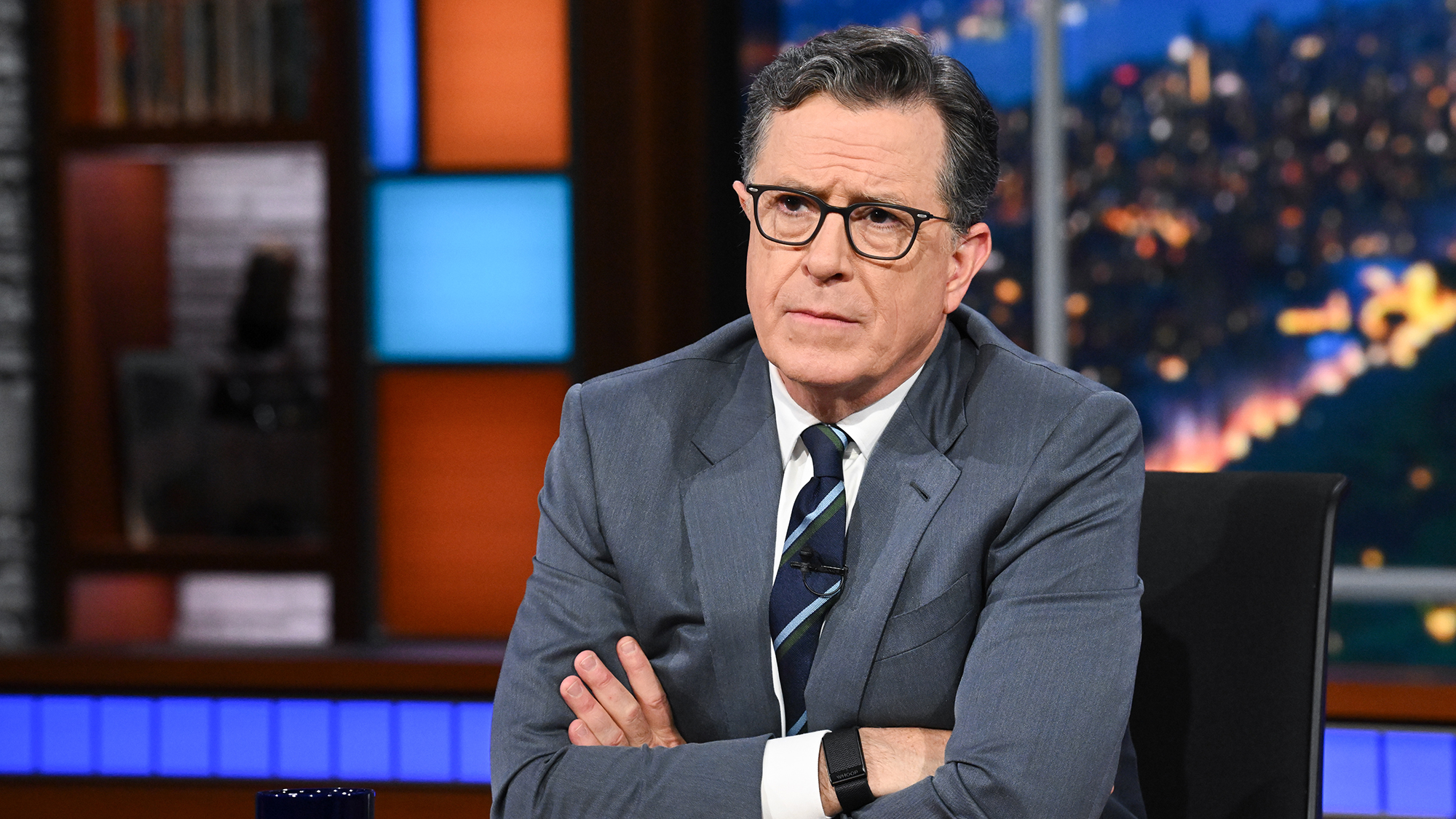 CBS cancels Colbert's 'Late Show'
CBS cancels Colbert's 'Late Show'Speed Read 'The Late Show with Stephen Colbert' is ending next year
